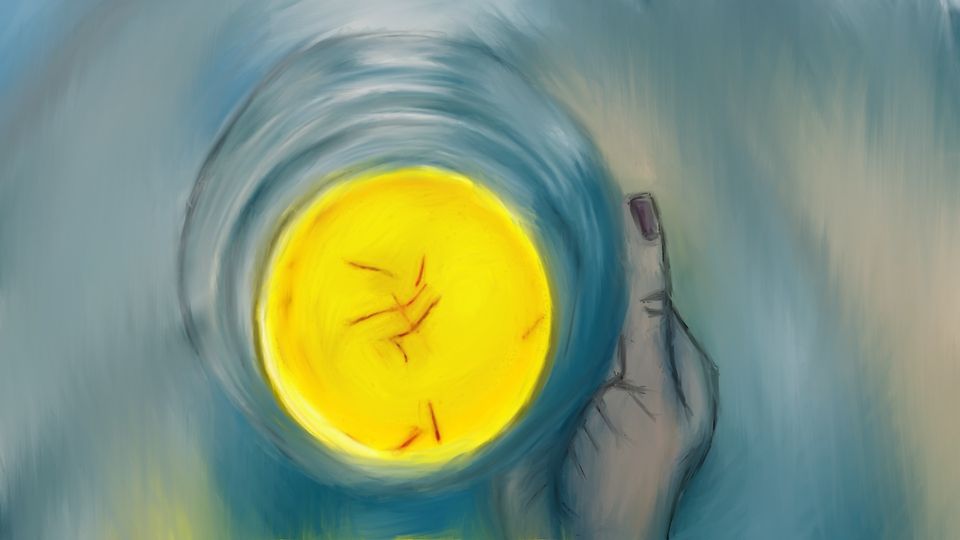As a Muslim, Eid is a time of year which I, like millions of others, desperately wait for. Not only for the countless itineraries, new clothes, the eidi and the chand raat shopping, but what adds to the taste of the festival is the annual family and friends gathering.
My dad’s non-Muslim colleagues always pay us a visit on the day with zeal and excitement, and feast on the special cuisines on offer. It is also a day when I get to meet many people my age through my father’s friends. Thus, Eid always brings me new friends. This has been the tradition at my home for as long as I can remember, and it has invariably been a multi-religious one.
When I was in school, after the Eid holiday, I would carry five to six tiffin boxes of sewaiyan for all my favourite teachers. In return, I would be gifted candy and chocolates. A teacher from my middle school, hailing from the Northeast India, continued to celebrate Eid with me even after I graduated.
Once, while leaving for Urdu class, the teacher returned a box in which my mother had sent her dinner previously. All my classmates (five in total, and all Muslim) booed me, saying, “The box would have pork in it.”
However, that didn’t matter to me or my family. The teacher continued to be our Eid guest. One time, she dropped by after attending mass at a church and got us a little knick-knack with Jesus Christ on it. I hesitated to take it, but my Dad urged me to accept it as it was eidi.
With time, my Eid has evolved and irrespective of the many communal bifurcations in the country today, it has successfully stood on the collective grounds of love and acceptance. I remember in 2019, Eid was observed after the Lok Sabha elections. A colleague of my father – who is a pandit and a professor of Sanskrit, and who is against the idea of secular politics – was the first to wish our family ‘Eid Mubarak’. He wholeheartedly accepted our invitation for the Eid party the same year.
This is the same person who took to Facebook after the election to call BJP’s win a victory for the Hindus and the loss of the Congress as a loss for minorities. I remember how he showed up that evening with boxes full of sweets and snacks. I mused about how the festival eliminated some differences – if for a moment – and saw two individuals bonding over a bowl of sewaiyan.
Also read: A Growing Indifference Around the Festival of Eid Al-Fitr
A lot has changed over these years, but the spirit of the annual Eid celebration at home has remained intact. Now, the onus of inviting friends for biryani has shifted to me and, interestingly, the essence of the celebration is till now confined to non-Muslim friends. My Muslim friends, on the other hand, are caught up in their own celebrations at home. However, my non-Muslim friends are mostly the first to wish me and, in my case, they play an instrumental role in making the festival more festive.
A friend of mine, whose family is affiliated with the Rashtriya Swayamsevak Sangh, is the first one to remind us that his share of biryani shouldn’t be forgotten. On the day of the Eid celebration, our families feast on biryani, forgetting all kinds of political and ideological differences.
I cannot imagine my Eid taking place without the presence of my non-Muslim peers. To a great extent, I accredit the joy of my Eid to them.
Ashraf Nehal is a student of University of Delhi and an ardent believer of Ganga-Jamuni tehzeeb. You can find him on Instagram @___ashraf___19
Featured image credit: Pariplab Chakraborty

